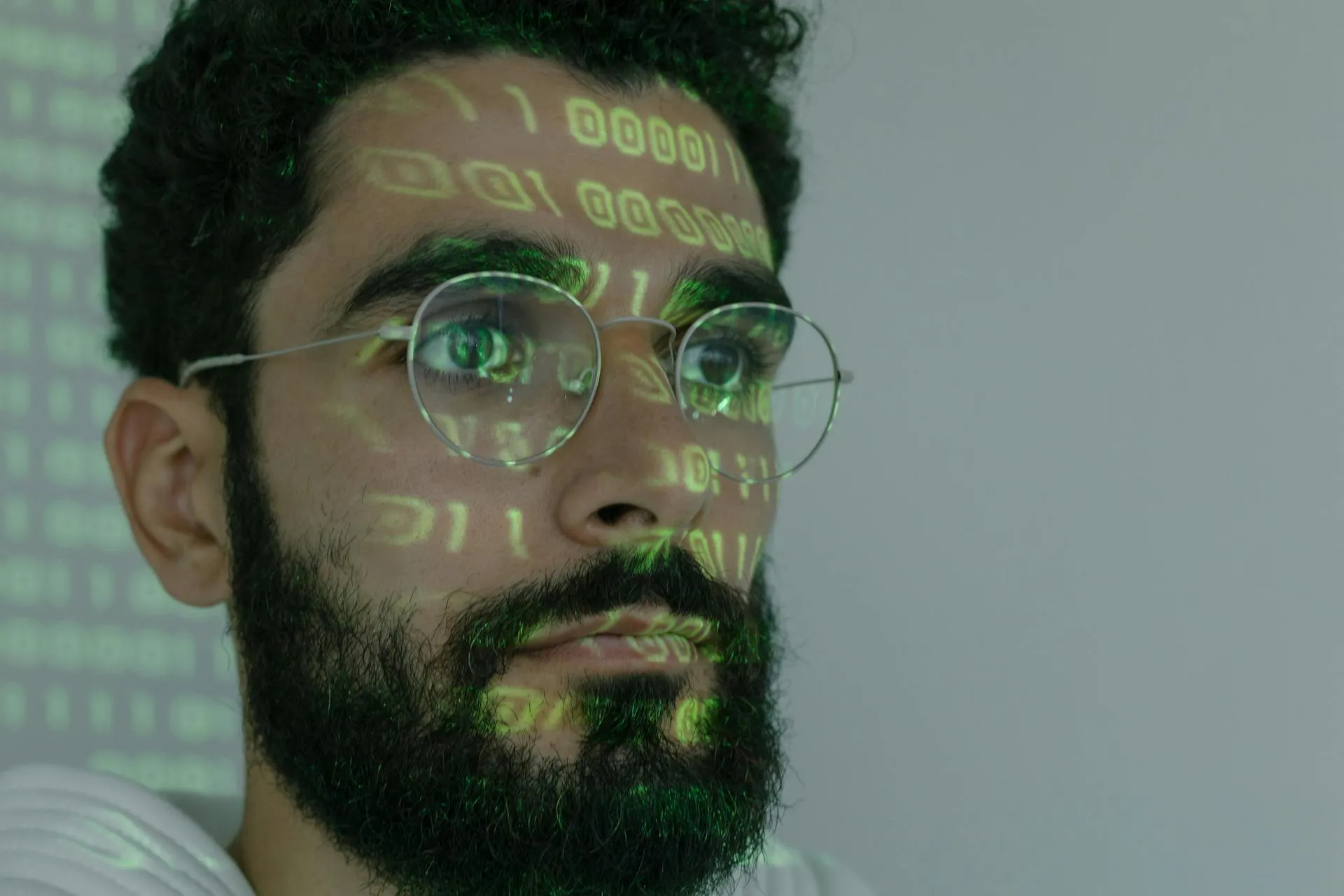Artificial Intelligence in Everyday Life: Russia’s Practical Implementation

Artificial intelligence is no longer science fiction. In Russia, AI has become a daily tool used to simplify routine activities, from shopping and travel planning to financial management and healthcare. The country actively integrates digital assistants, neural networks, and machine learning algorithms across multiple sectors, enhancing everyday convenience and efficiency.
Trade and Finance
One of the most prominent areas of AI application is in retail and e-commerce. Major online marketplaces and stores now use recommendation systems that analyze user preferences and suggest products tailored to individual tastes and needs. Some services even anticipate repeat purchases—such as cosmetics—and prompt reorders automatically.
The company Avito has developed its own language model that analyzes reviews of service providers and generates a summary of their professional qualities. Users can now assess whether to hire a professional without reading dozens of individual reviews, which is especially important for tasks like home repairs or childcare.
Another notable example is biometric payment at Perekrestok stores. The system uses 3D facial recognition for customer identification, enhancing both convenience and security. The computer vision algorithms are resistant to spoofing via photos or video, halving payment time and improving user comfort.

Financial services have also become more accessible and personalized with AI. T-Bank, for instance, has introduced a series of specialized digital assistants. These include a finance assistant for budgeting and savings advice, an investment assistant for selecting financial tools, a shopping assistant for gifts and product details, and a travel assistant for personalized itinerary planning. Particularly popular is the Junior Assistant—Russia’s first AI financial literacy tutor for children, which also helps with schoolwork.
Sber is also advancing its 'Salut' project, a family of virtual assistants tailored to individual communication styles. These assistants handle customer inquiries, manage accounts, and deliver timely information. Over 80% of standard customer service requests are now resolved automatically, significantly reducing bank staff workload and accelerating service.
Healthcare and Education
In the healthcare sector, AI supports both doctors and patients. At the Botkin Hospital in Moscow, an AI system highlights pathological areas in endoscopic images, allowing for faster and more accurate diagnoses. In St. Petersburg, the Botkin.AI platform analyzes medical histories, lab results, and exams to help physicians select optimal treatments and predict complications.
Education is also evolving under AI’s influence. Online learning platforms use AI to personalize course content, assess academic performance, and recommend materials based on a user’s level and interests. These systems enable flexible learning speeds, real-time feedback, and improved outcomes.
The HR sector has also embraced AI. HeadHunter uses intelligent algorithms to match job seekers with openings by analyzing not only keywords but also context, synonyms, and even typos. This improves the precision of search results and helps candidates find suitable jobs more efficiently.

Communication and Connectivity
AI is increasingly present in social media. For instance, Odnoklassniki offers a service that creates personalized video greetings using photos of friends and family. This tool garnered over 1.4 billion views in one year, demonstrating AI’s ability to enhance both functionality and emotional engagement in digital communication.
AI is also transforming telecommunications. MTS has deployed a sophisticated chatbot that processes tens of thousands of customer requests daily. It understands questions, offers solutions, and learns from successful interactions to improve over time. This reduces support costs while improving service quality.
Thus, artificial intelligence is evolving from a technological innovation into an essential assistant in daily life. In Russia, AI is already helping citizens shop, manage finances, stay healthy, study, and find jobs. While digital literacy and data protection remain critical issues, it is evident that AI is making life faster, smarter, and more comfortable.





